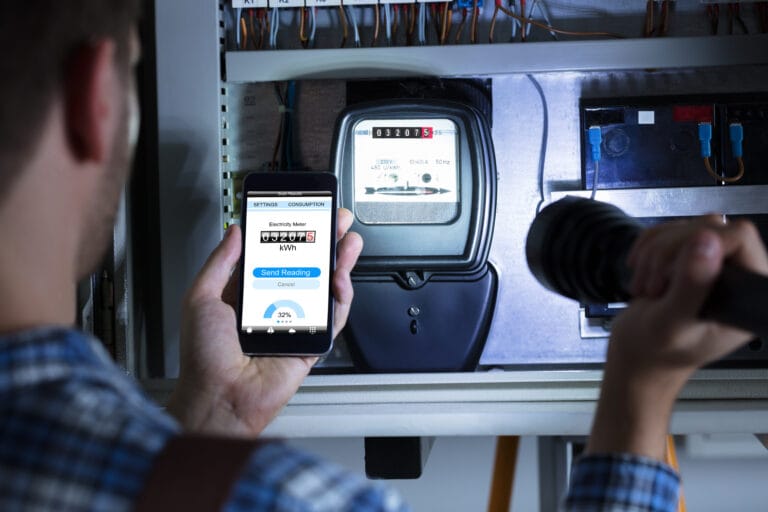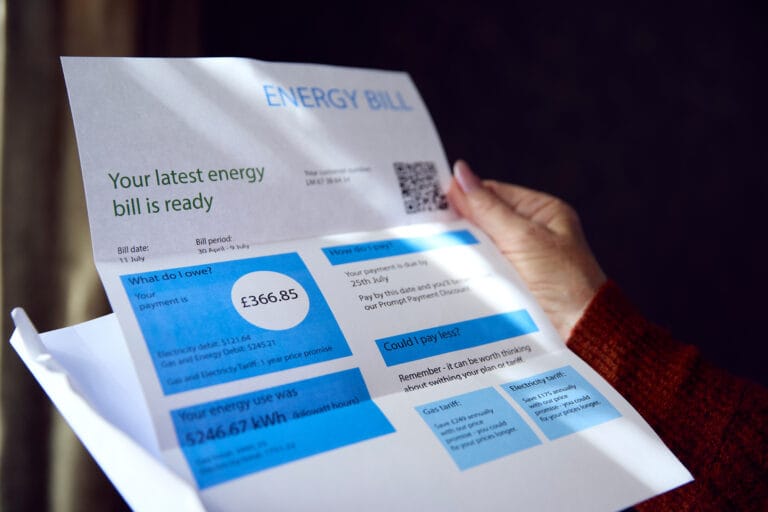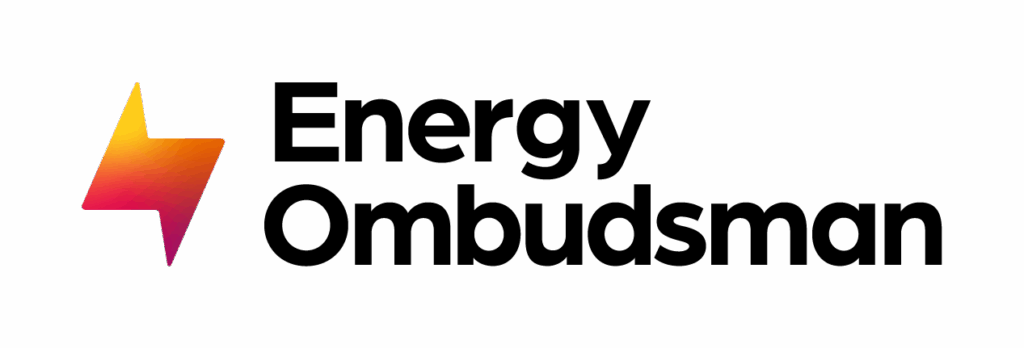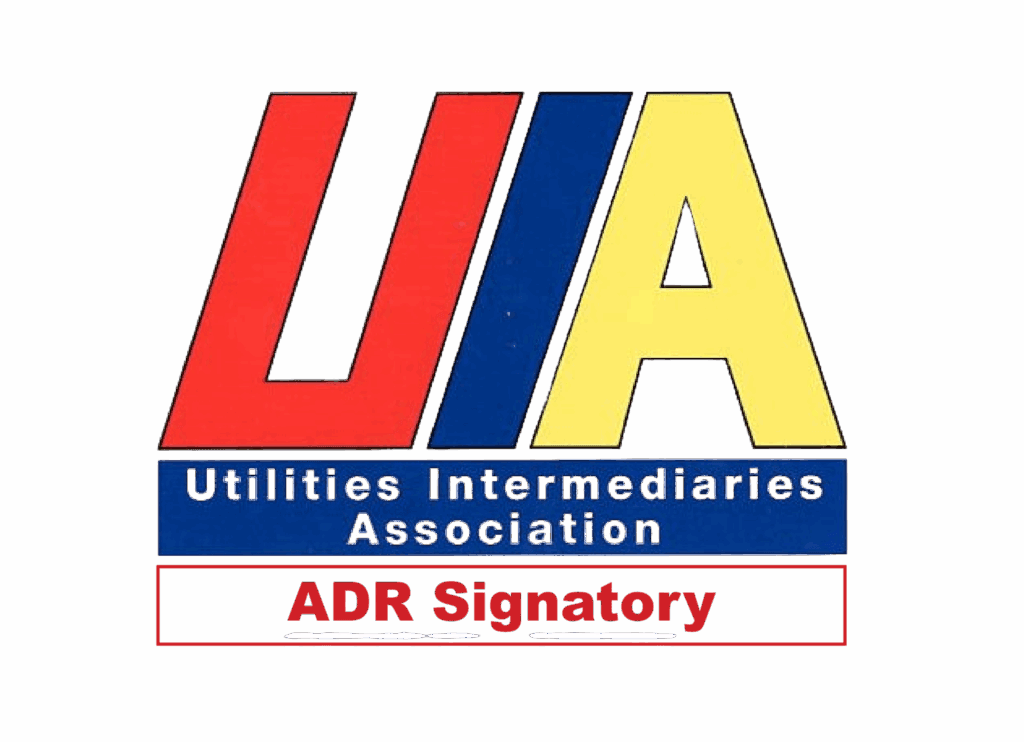In 2015, BT announced that they would be turning off their PSTN (Public Switch Telephone Network) and ISDN (Integrated Service Digital Network) by 2025, instead being replaced by VoIP (Voice over Internet Protocol). As we approach the 2025 deadline, it’s crucial for businesses to understand the potential impact this transition may have on their operations and take proactive steps to prevent any disruptions.
Why is the PSTN and ISDN switch-off happening?
The switch-off is taking place to make way for the future of telecommunication through new technologies. These lines are no longer compatible to the demands of the modern world. With no new lines being set up past September 2023, the natural next step is for BT to conduct a complete switch-off of the outdated system, to ensure a smooth transition nation-wide.
Telecommunications providers are transitioning to these newer technologies to reduce costs, improve efficiency, and meet the evolving needs of consumers and businesses for advanced features, greater flexibility, and seamless integration across multiple devices and platforms.

What is PSTN?
PSTN is the original analogue network where data and voice travels over copper wires, however this is soon to be replaced by VoIP, where voice calls and data will now be transmitted over an internet connection.
With traditional handset phones, building a phone system that suits your business needs may be difficult due to technological limitations, which can be overcome with the power of VoIP.
What is ISDN?
ISDN is a set of communication standards for simultaneous digital transmission of voice, video, data, and other network services, over traditional PSTN telephone lines, however it is increasingly being phased out in favour of VoIP.
Due to advancements in technology that offer more efficient and cost-effective alternatives for communication services, ISDN is becoming an obsolete technology.
What is VoIP?
With VoIP, the possibilities are endless, and we are here to help you understand why.
Switching to VoIP is a long-term solution for your business. Voice over Internet Protocol (VoIP) is a technology that allows anyone to place phone calls over an internet connection. In anticipation of the ISDN switch off in 2025 and the rise of broadband, VoIP has become the definitive choice for phone services across the board.
VoIP is a step-up from traditional phones lines, offering more proficiencies than analogue phones, at a lower cost. Once set-up with VoIP, any maintenance or upgrades to the system will occur automatically, through the cloud.
Switching has never been easier than with Reduce My Costs. To streamline your business telecommunication, get set up today.
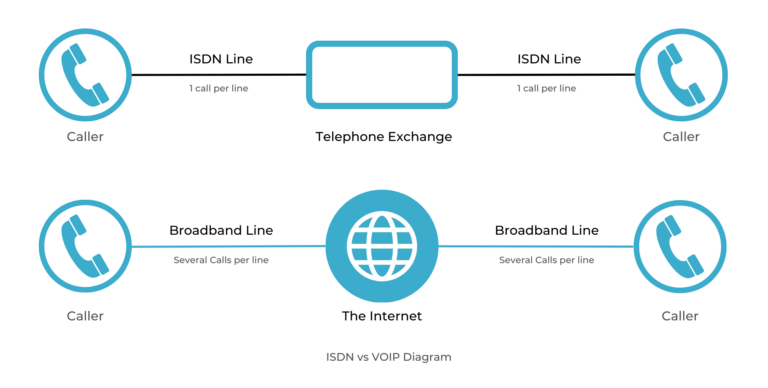
What are some of the benefits of switching to VoIP?
Cost Savings
VoIP reduces infrastructure costs and long-distance charges, offering scalability for cost-conscious organisations.
Flexibility and Mobility
VoIP enables remote work and mobile connectivity, supporting unified communications for employees anywhere.
Advanced Features
VoIP systems provide call routing, voicemail to email, and auto attendant features, enhancing communication efficiency.
Reliability
VoIP offers reliability through disaster recovery options and redundant internet connections, ensuring continuous operation during disruptions.
VoIP and Smart Meters
Did you know that the transition from traditional PSTN phone systems to VoIP doesn’t just affect your office communication? It also has a significant impact on another aspect of modern technology – smart meters.
As utility companies increasingly turn to smart metering systems to monitor and manage energy consumption, the adoption of VoIP technology brings forth a host of benefits and considerations for these vital infrastructure components:
Remote Monitoring
VoIP enables remote monitoring and management of smart meters, allowing utilities to gather real-time data on energy consumption without the need for physical access to the meters.
Data Transmission
VoIP facilitates the transmission of meter data over internet connections, providing faster and more efficient communication between smart meters and utility companies.
Scalability
VoIP systems can scale to accommodate many smart meters, making it easier for utilities to manage and monitor their entire network of meters.
Integration
VoIP can integrate with existing utility management systems, enabling seamless integration of smart meter data into billing, analytics, and other operational processes.
Overall, while the PSTN and ISDN switch-off presents both challenges and opportunities for businesses, proactive planning and investment in VoIP technology and infrastructure are essential to ensure a smooth transition and continued success in the digital age. By embracing VoIP solutions and adapting to the evolving telecommunications landscape, businesses can position themselves for greater flexibility, efficiency, and competitiveness in the years to come.
Ready to take the next step in switching to VoIP technology? Contact us today to learn more about how we can help your business adapt to the change!










